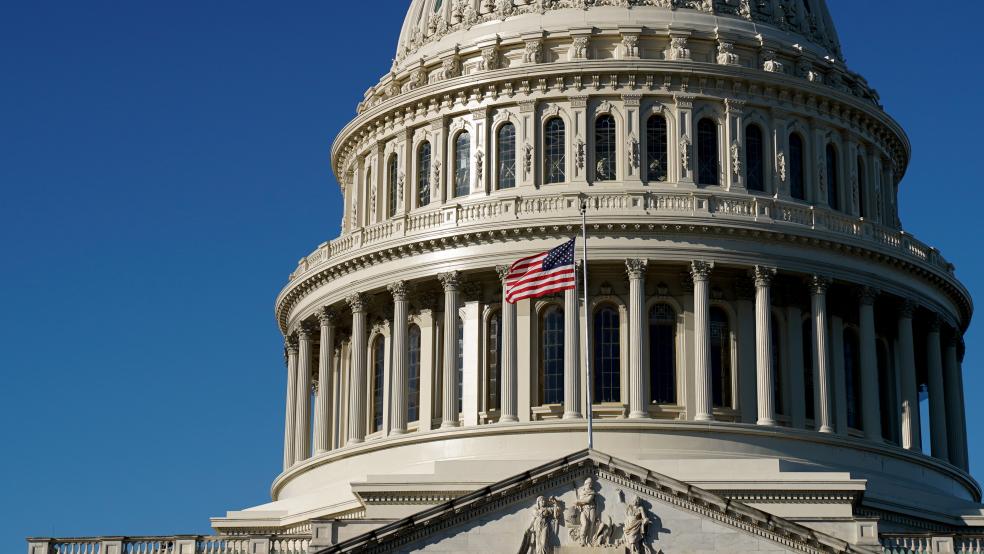The U.S. federal budget deficit will come to $3 trillion in fiscal year 2021, according to the latest estimate from the Congressional Budget Office. The new projection is about a third higher than the CBO’s previous analysis from February.
Driven by massive emergency spending in response to the Covid-10 pandemic, the deficit in 2021 will equal 13.4% of GDP – the second highest level since the end of World War II. Only last year’s level of 14.9% of GDP was higher. In dollar terms, the 2021 deficit will be about $130 billion smaller than in 2020.
“The economic disruption caused by the 2020–2021 coronavirus pandemic and the legislation enacted in response continue to weigh on the deficit (which was already large by historical standards before the pandemic),” CBO said.
After 2021, deficits are projected to decline, CBO said, with the decrease faster and deeper than previously estimated. Deficits are expected to average $1.2 trillion from 2022 to 2031, or about 4.2% of GDP. Boosted by a stronger than expected economic recovery, with a 7.4% growth rate in calendar year 2021 and 3.1% in 2022, the cumulative deficit from 2022 to 2031 is now estimated to be $12.1 trillion, about 1% smaller than previously thought.
Still, the deficits over the next decade are expected to run well above the 50-year average of 3.3% of GDP, and after falling for a few years, annual deficits are projected to start growing larger again starting in 2025.
Debt to climb to record high: The publicly-owned portion of the national debt equaled the size of the economy at the end of the 2020 fiscal year and will exceed it by the end of 2021, standing at $23 trillion, or 103% of GDP, CBO said. The ratio will hover near the 100% level for several years after that before climbing again, reaching about 106% of GDP in 2031.
Budget hawks say the CBO’s latest budget outlook confirms the need to get a handle on the nation’s fiscal trajectory. “Today’s report underlines the need for us to address our nation’s fiscal challenges,” Maya MacGuineas of the Committee for a Responsible Federal Budget said in a statement. “Despite the improvements in the outlook from the recovering economy, the national debt is set to hit a new record, exceeding even World War II levels. From there, we expect the debt to experience unfettered growth. This is not sustainable.”

